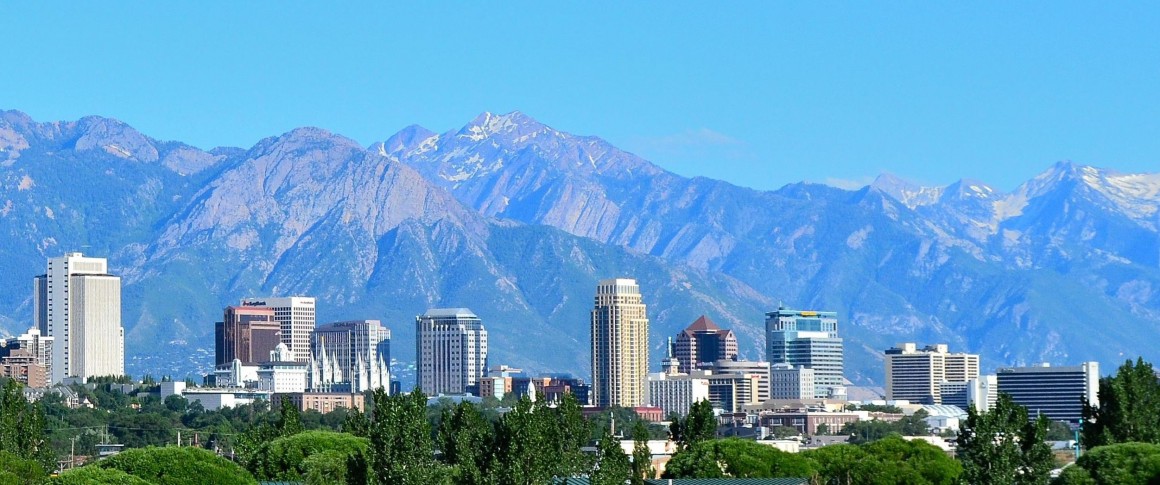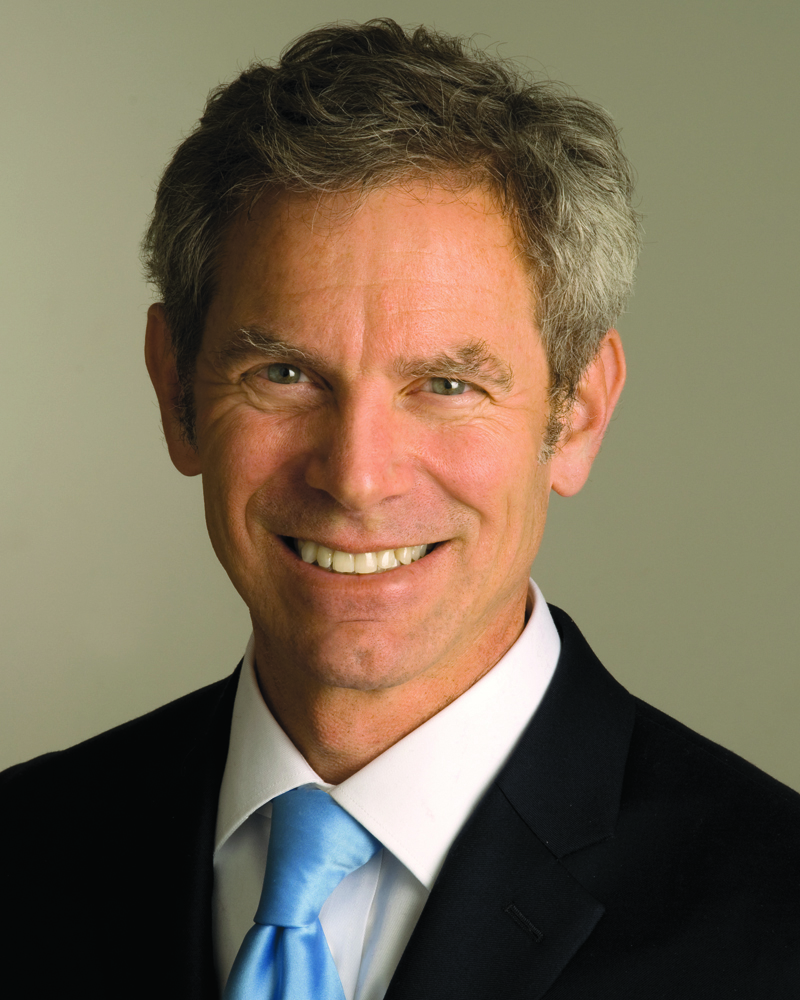Mayor Ralph Becker was invited to Georgetown University to join a panel on “Harnessing Popular Opinion for a Sustainable Energy Policy” during the McCourt School of Public Policy’s annual LEAD conference. Mayor Becker’s administration is a prime example of how local government initiatives can lead the way on green issues.
Elected to his first term as Salt Lake City Mayor in 2008, Becker’s administration is known for expanding the cities transportation options including both public transit and bikeways. Mayor Becker spoke with the Georgetown Public Policy Review about his efforts to help his constituents and the environment in Salt Lake City.
Georgetown Public Policy Review (GPPR):
Since taking office in 2008, which of the programs that you’ve helped to create are you most proud of in the Salt Lake City Area?
Mayor Ralph Becker (RB):
The way that I’ve approached the work we have done in the city around this topic is comprehensively and holistically. We need to address how we use energy in our buildings and how our transportation system works for city government, and more importantly, for the community as a whole. We need to look at other things that may not seem so directly connected like supporting local economies: having urban agriculture so we’re not transporting our agricultural goods as far, having better local foods, having great outdoor recreational access nearby so people aren’t driving great distances to recreate, and having an active downtown. So, in my mind it is a comprehensive approach when I look at how we become a livable and sustainable city going forward.
GPPR:
For the last 5-8 years, Salt Lake City has experienced rapid redevelopment and revival on its Westside with Poplar Grove and Glendale. What’s your vision for that region of Salt Lake City?
RB:
We want walkable neighborhoods throughout the city and vibrant neighborhoods where people have easy access to services and feel included. Fortunately in Salt Lake, with its history of development, we have pockets where that has occurred. We are really working on focusing our attention on the west side of Salt Lake to recreate those kinds of nodes, walkable neighborhood centers, and transportation options and, in some instances, develop new centers. We are focusing some attention around the River District with city development, infrastructure, and supporting local businesses. In some cases, we are redeveloping portions of the neighborhood to make them areas that are much more attractive for people to live in. They are good neighborhoods now, we just want to make them better.
GPPR:
Are there any specific examples that you think are worth noting of partnering with the private sector to reach those goals?
RB:
Almost everything we do in the city is a partnership between public and private. We’ve had the University come in and help us with some neighborhood planning The American Institute of Architects and the planning association come in and help on a new streetscape design in the area. We’ve had a lot of community infusion including businesses’ help with redeveloping an abandoned old railway corridor into a trail corridor. I think it is a matter of bringing the community together publicly and privately, gathering the combination of resources, and leveraging those to accomplish what we want to get done.
GPPR:
What efforts can or will your office be taking to prevent economic eviction in Poplar Grove and Glendale?
RB:
We’ve all the horrors of the sixties and seventies when neighborhoods were cleared out and redeveloped and native inhabitants of those neighborhoods were displaced. That is the wrong model and we should have known it then and we certainly know it now.
In Salt Lake we have just completed a very strategic effort to make sure that doesn’t happen as areas redevelop. We are getting, as is true in other cities, this great infusion of young people and the elderly (the empty nesters) moving into our city and bringing even more vibrancy to our city. But we’ve got to provide for an affordable range of housing and the range of services that people want. I think we do better than almost any other part of the state in providing a good range of housing, but we still have gaps. Not just with the homeless population, but with those who have lower incomes, and a few other kind of demographics. We are targeting our city investments and loan programs on the things we can do to help provide a range of housing types.
GPPR:
Salt Lake City is sort of an island of blue in a sea of red in Utah. In your efforts to promote sustainable energy policy, to what extent have you faced opposition from the more conservative elements of your state?
RB:
Well as you noted Salt Lake City is a bright blue dot in a deep red sea and that actually makes a lot of the initiatives that we take challenging because there is always this cloud of the state legislature coming in and overriding policy positions we take. So far, my administration has been successful in both engaging our legislature so that they know what we are doing and why we are doing it, and using our proclaimed goal of having local control as having a way to really keep what may be some other natural sensibilities for them politically from overriding what we are doing. We try to be attentive to the politics of the state, but try to not let that inhibit what we do.
GPPR:
So, in your ongoing efforts do you specifically find yourself debating the existence of climate change with opponents?
RB:
I’m in that debate all the time and I don’t shy away from it.
About Mayor Ralph Becker
Ralph Becker’s service to Salt Lake City and Utah started well before his first term as Mayor in 2008. Mayor Becker served in the National Park Service in the seventies before working as a city planner and eventually being elected to the Utah Legislature. He received his B.A. from the University of Pennsylvania in 1973, his J.D. from the University of Utah College of Law in 1977, and his M.S. in Geography/Planning from the University of Utah in 1982.
Austin Williams interviewed Mayor Becker in person on October 24, 2014 at the McCourt School of Public Policy’s annual LEAD conference. The transcript has been edited for length and clarity.

